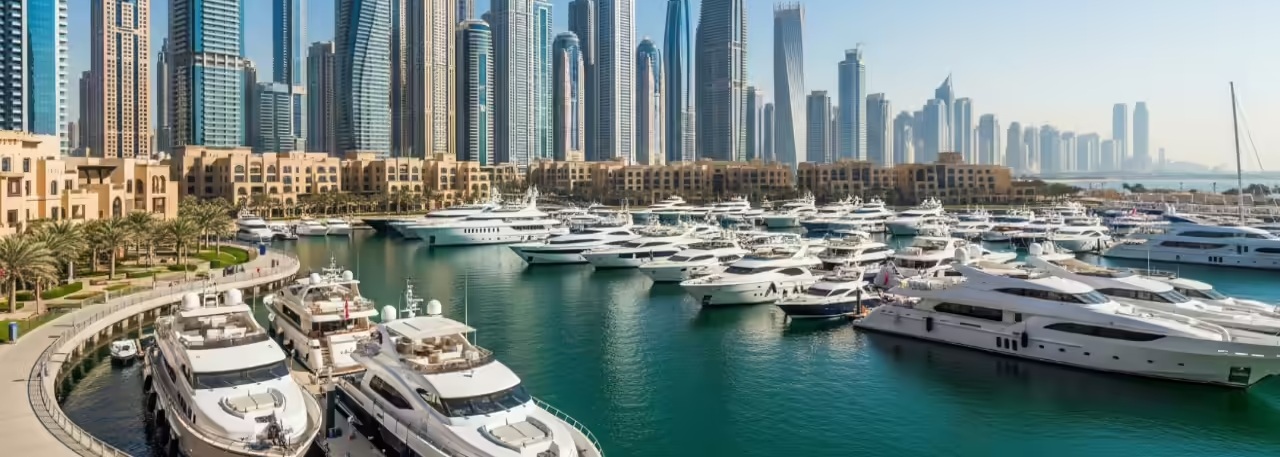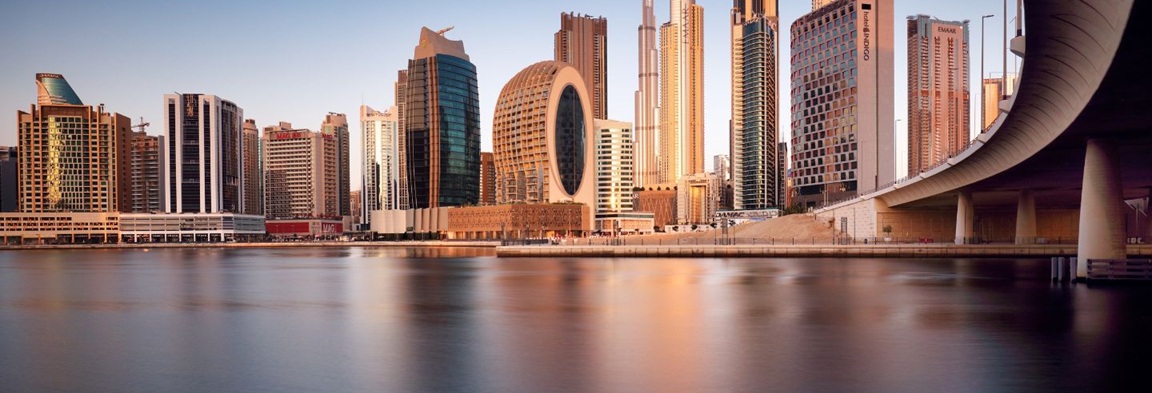Guide to Dubai’s Four-Day Summer Workweek: What You Need to Know
Wednesday, 9 July 2025
Dubai has always been at the forefront of innovation—whether in architecture, technology, or urban planning. Now, the emirate is leading a fresh transformation in the world of work. Starting July 1st, 2025, Dubai is rolling out an official four-day workweek for government employees as part of the “Our Flexible Summer” initiative. This program reflects a growing shift toward smarter, more human-centric work models—placing employee well-being and work-life balance at the core.
Running until September 12th, 2025, this seasonal policy is more than just a change in schedule—it’s a bold experiment in productivity, happiness, and the future of public service.
Table of Contents
- What Is the “Our Flexible Summer” Initiative?
- Who Is Eligible?
- How the Workweek Is Structured
- Why This Initiative Matters
- A Continuation of a Successful Pilot
- Broader Context: The UAE’s Vision for the Future of Work
- Public Reaction and What’s Next
- What Employees Can Do to Make the Most of It
- Frequently asked questions
What Is the “Our Flexible Summer” Initiative?
The four-day summer workweek is part of a broader government campaign titled “Our Flexible Summer.” Launched by the Dubai Government Human Resources Department, the initiative reflects a commitment to employee well-being, improved morale, and increased efficiency—especially during the sweltering summer months when work fatigue can be more pronounced.
The program is aligned with the UAE’s “Year of Community” theme and supports the national push toward flexible, inclusive, and sustainable work practices.
Who Is Eligible?
The four-day summer workweek is available to all employees of Dubai government entities. This inclusive approach ensures that thousands of workers will directly benefit from the improved schedule, without compromising on public services.
How the Workweek Is Structured
To ensure uninterrupted service delivery, employees will be divided into two groups under slightly different formats:
- Group 1: Will work 8 hours per day, from Monday to Thursday, and enjoy Fridays off.
- Group 2: Will follow a schedule of 7 hours per day from Monday to Thursday, and work a shorter 4.5-hour shift on Friday.
This dual approach not only provides flexibility but also allows government departments to continue offering seamless and responsive services to the public across the entire workweek.
Why This Initiative Matters
Dubai’s summer workweek is not just a feel-good gesture—it is a strategic move designed with multiple benefits in mind:
1. Enhanced Work-Life Balance
By introducing long weekends or shortened Fridays, employees gain valuable time to relax, reconnect with family, or engage in leisure and wellness activities. This reflects a deeper human-centric approach to employment in the government sector.
2. Improved Employee Morale
Extra personal time and the trust shown by employers to deliver results in a flexible framework help boost job satisfaction and loyalty. Happier employees are more creative, more efficient, and more committed to their roles.
3. Increased Productivity
Dubai’s decision is backed by global studies showing that when employees have fewer—but more focused—workdays, productivity often improves. The pilot program introduced in 2024 demonstrated that quality of work can be maintained, or even enhanced, with reduced working days.
4. Sustainability and Well-Being
Fewer commuting days mean reduced traffic congestion, lower emissions, and improved environmental sustainability—especially important during Dubai’s hot summer. It also reduces daily exposure to intense heat, which can impact physical and mental health.
A Continuation of a Successful Pilot
This isn’t Dubai’s first venture into flexible workweeks. The 2024 pilot program tested similar formats in select departments and produced encouraging outcomes—from increased productivity to positive employee feedback. Building on this success, the 2025 initiative expands the scope to include all government employees, signalling confidence in its long-term potential.
Broader Context: The UAE’s Vision for the Future of Work
Dubai’s new workweek is part of a larger national conversation about how the workplace is evolving. In recent years, the UAE has taken major steps to modernize its workforce structure:
- In 2022, the UAE adopted a Monday–Friday workweek for public sector employees, aligning with international business days.
- The country has consistently rolled out remote work policies, digital transformation strategies, and employee-centric HR frameworks.
- The four-day workweek initiative ties in with the “Year of Community” campaign, emphasizing connectedness, well-being, and national cohesion.
Together, these efforts show that the UAE is not only focused on economic progress but also on making work more fulfilling, balanced, and sustainable.
Public Reaction and What’s Next
Initial public feedback has been overwhelmingly positive. Government workers have praised the initiative for giving them time to rest, manage personal responsibilities, and return to work more energized.
There’s also growing curiosity in the private sector, where many businesses are watching the pilot’s results closely. Sectors like tech, consulting, and creative industries—where output is more value-based than time-based—may soon consider similar models.
Could this be the start of a wider four-day workweek movement in the UAE? Many experts think so.
What Employees Can Do to Make the Most of It
If you’re one of the lucky government employees benefiting from this summer schedule, here are a few ways to maximize its advantages:
- Plan Ahead: With one less day to complete weekly tasks, time management is key.
- Focus on High-Priority Goals: Use early hours for your most critical work.
- Enjoy Your Time Off: Rest and rejuvenate. Take a staycation, read a book, or explore new hobbies.
- Collaborate Effectively: Good communication with colleagues ensures smooth transitions across workdays.
The introduction of a four-day summer workweek is a shining example of how Dubai continues to redefine what it means to work in the modern age. It’s not just about shorter weeks—it’s about creating a flexible, employee-first environment where public service can thrive without burnout.
By integrating employee satisfaction with operational efficiency, Dubai is charting a new course for the future of work—one that many countries may soon follow. Whether you’re a government employee or part of the wider UAE workforce, the message is clear:
Frequently Asked Questions (FAQs)
Who is eligible for the four-day summer workweek?
The four-day workweek applies to all employees of Dubai government entities. It is not currently extended to private sector employees, though many are observing the initiative’s success.
What is the duration of the summer workweek schedule?
The initiative runs from July 1st to September 12th, 2025 as part of Dubai’s “Our Flexible Summer” campaign.
How are the working days structured under this new system?
Government employees will be divided into two groups:
- Group 1: Works 8 hours a day from Monday to Thursday, with Fridays off.
- Group 2: Works 7 hours per day from Monday to Thursday, and 4.5 hours on Friday.
This ensures continuous public service while offering flexibility.
Will public services be affected by the shorter workweek?
No. Government departments have planned the transition to ensure uninterrupted services. Employee groups are scheduled to maintain operational continuity across all workdays.
Is this policy permanent?
Currently, the four-day workweek is a seasonal initiative, running only during the summer months. However, it builds on a successful pilot from 2024, and further expansion may be considered in the future.
How does this compare to previous UAE workweek changes?
In 2022, the UAE shifted its official workweek to Monday–Friday for government entities, aligning with global markets. The summer initiative builds on this progressive trend toward flexibility and modernization in the workplace.
Will this policy extend to the private sector?
At this stage, the four-day workweek is limited to the public sector, but growing interest among private companies could lead to future adoption in industries suited to flexible work models.
Who launched the “Our Flexible Summer” initiative?
The initiative was introduced by the Dubai Government Human Resources Department (DGHR) as part of its broader commitment to employee-centric and sustainable workplace reforms.





